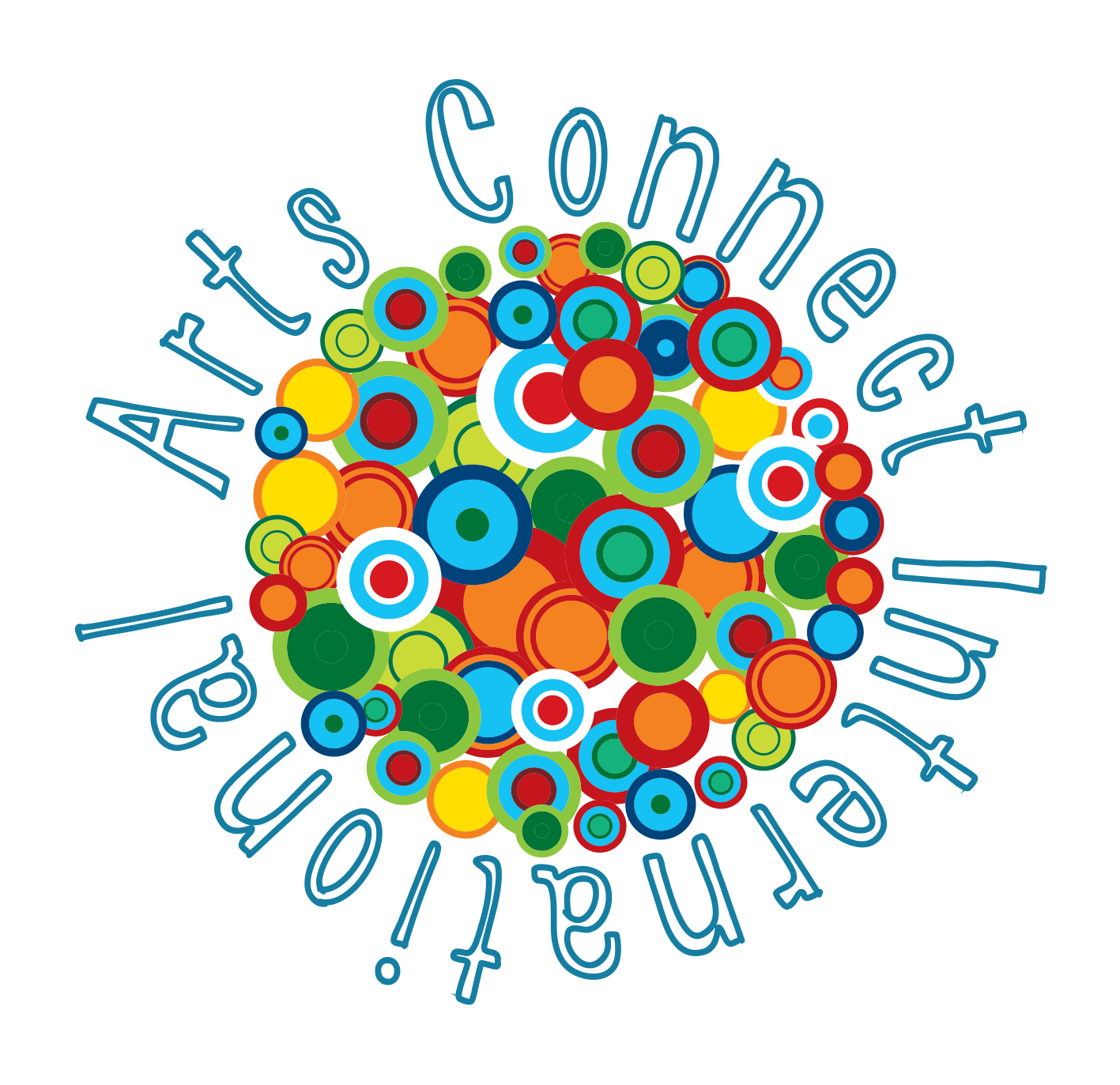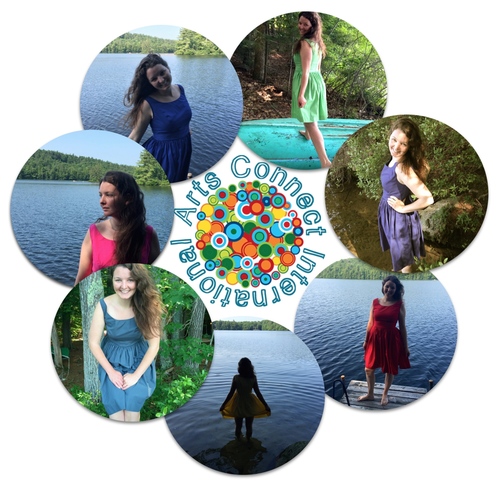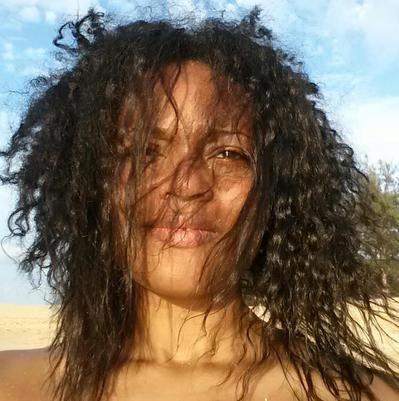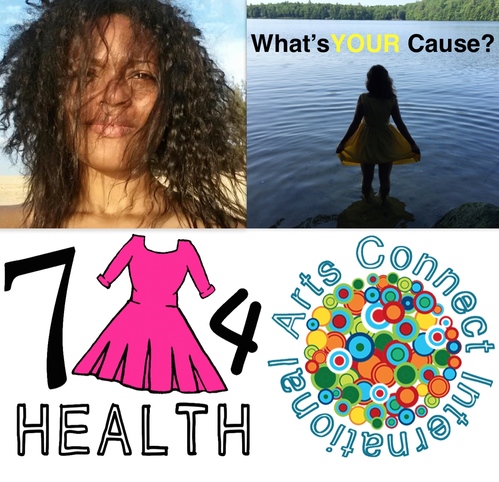This weeks guest blog may not fall succinctly into ACI’s 7D4H categories. However, the poignancy of the words spoken, and the truth behind the injustices mandates its inclusion. Correspondingly, we have decided to include it in the Mental Health category as race and racism have a deep and often unanswered for effect on our national mental health. This is particularly true for those who are subject to the systemic and institutionalized violence associated.
Chaedria LaBouvier has been writing for elle.com around a plethora of topics surrounding contemporary race relations and identity. Her recent piece, “Why We have to #SayHerName After McKinney” has made waves. We highly encourage you to pause and contemplate the points and pieces raised, as well as follow Chae in her future writings both on elle.com and otherwise.
Guest Blogger Bio: Chaédria LaBouvier is a writer, content creator, and a recent MFA Screenwriting graduate of UCLA's film program. She lives in Los Angeles and blogs think pieces at The Maroon Colony about (pop) culture, television, race, and class. Follow her @chaedria.
Title: Why We Have to #SayHerName After McKinney
Another week, another viral video of America's finest treating citizens like enemy combatants. In case you haven't seen the latest video that I'm referring to, I'm talking about the one that's being dubbed "McKinney." In the video, police officer Eric Casebolt, easily 200 pounds, drags14 year-old Dajerria Becton, easily under 100 pounds, clothed in only a bikini, by her braids, digs his knee into her back, and pulls a gun on the young men that come to her defense. Less than 48 hours after its release, it's already joined hashtag infamy as another shorthand for explicit examples of police brutality.
Plenty of articles that detail the happenings of #McKinney are being punched out faster than this can be typed and Buzzfeed has a pretty good summary here, so I'll get to the short of it: tensions flared after parents told Black kids at a pool party in a predominantly white suburban neighborhood to go back "to Section 8 [public] housing". A still unidentified mother reportedly told the teens to "get used to seeing the bars outside of the pool, because that's all they were ever going to see." The cops were called, and according to Brandon Brooks, the teenager that recorded the incident, most of the teens who were handcuffed were black. The teen that was physically assaulted was also Black. She was also a woman.
These videos have, sickeningly, become commonplace. What's uncommon is to see a female victim. Think about it: You know the name McKinney, a small suburb in Texas that you had never heard of before Sunday, and you don't know Dajerria Becton's name.
Say her name.
The irony of it all. In the media, we don't often hear about violence against Black women. But part of the reason we're talking about police brutality nationally is because of the tireless work of Black women. Their own pain ignored, they stand at the forefront, center and behind the Black Lives Matter Movement; hell, they created it. And organized the marches. In my activism work for marches, for bail runs, for protests, the vast majority of those brave people organizing and coordinating are almost always women. And they are overwhelmingly Black. And they are victims of police brutality too. And those victims are unnamed to the American public.
Say her name.
We have to. It's clear: many police officers in police forces across America are racist–Eric Casebolt isn't the exception. I wouldn't be writing this, and you wouldn't be reading it, if the problem hadn't reached epidemic proportions. But what isn't so clear is that Black women are victims of police brutality too. The list of victims of police brutality includes women too, many of them Black: Rekia Boyd. Aiyana Jones. Yvette Smith. Jessie Hernandez. Almost none of these women received justice or inclusion into the national dialogue. The Twitter campaign #SayHerName is an effort to raise the visibility of the Black female victims of police brutality. Elizabeth Millaine Nations commented on the McKinney Police Department's page, "Is it just me, or did [Eric Casebolt] look like he enjoyed kneeling on top of her a little too much?" No, girl, it's not just you. I noticed it too. Lots of us noticed it. And it made me think of Daniel Holtzclaw, the Oklahoma police officer accused of sexually assaulting 13 Black women. And the transgender women, most of them Black, that are dying, abused, or neglected by the police.
As a Black woman, when I see that still frame of Eric Casebolt's knee in Dajerria Becton's back, I freeze. My own back tenses up. He doesn't just want to subdue her; he wants to dominate her and to humiliate her in the process. I've encountered that before. Casebolt wanted Becton to feel his power, his control and his masculinity. Watch him drag Dajerria across the ground by her braids. Watch him grab her head, pause to make sure his grip is firm and then slam her face back down into the grass. Watch him lock his legs behind her as she sobs, to keep her from moving. It's painful to watch.Fuck those hours you spent meticulously having those braids plaited into your head in a millennias-old ritual of beautification and bonding, his body language says. I'm going to shove your face between my knees before I place them both on your back, recalling centuries of sexual abuse and rape of Black women by slave owners.
Say her name.
McKinney reminds me of what happened to me a few weeks ago in Nashville and how I felt. It wasn't a cop that assaulted me, but a White man, upset that I didn't want to give him my name or number, who then pushed me against the bar with all of his weight, smelled my hair, called me a bitch, and physically threatened me before he was pulled off of me. You can say that's "par for the course" for any woman at a bar and you might be right—except I was the only one that it happened to, and I was the only Black woman there. It's only "par for the course" if you're willing to concede that the history between White men and Black women in this country has been one of ownership and exploitation.
Say her name.
And say it so often that the syllables of her name dig deep into your throat like Eric Casebolt's knee into Dajerria Becton's back. Say it so often that it becomes a private bell toll for the gone and the forgotten. Say it so often that you get sick and tired of being sick and tired like so many of us are. Say it because that silence, like a cultural carbon monoxide, is deadly. Say it because that visibility is powerful and necessary to telling this American story truthfully. There's no ending to this that's going to make you feel better—because you shouldn't, not right now. Not until we begin to account and include everybody and every name.
Call to action: Do you have important information around one of our seven causes: HIV/AIDS, Mental Health, Nutrition, Heart Disease, Maternal Child Health, Cancer, Disability, that you want to share with a wider audience? Do you or a loved one currently live and/or struggle with one of these causes? Do you work in research, advocacy, prevention, treatment or care? We want to hear from YOU! Write to us today: 7dresses@artsconnectinternational.org to become a featured blog writer. Another way to get involved is to wear the color of the day in solidarity. Take a picture of yourself in the color of the day and Tweet it @ArtsConnectInt, tag us on Instagram @ArtsConnectInt, or send it to us on Facebook.
About 7 Dresses 4 Health (7D4H): 7D4H is a year-long arts and health education campaign lead by visual artist, Marian Brown, in conjunction with Arts Connect International. The objective of the campaign is to promote inclusive community practices through adDRESSing health artistically and collaboratively. To learn more about the genesis of the project, read Marian’s New Year Blog.
About this week's look & location: All of the dresses for 7 Dresses 4 Health were designed and sewn by Kim's Fashion Design. Love the look? Visit Kim at 100 Huntington Ave, Boston MA 02116, call her at (617) 267-9299 or email her: info@kimsfashion.com. Mention 7 Dresses 4 Health for a special discount!
Campaign Update (2017): All 7 Dresses 4 Health blogs were migrated from a former site, so the sharing analytics are inconsistent from when they were first published. We apologize to our guest bloggers, and readers, for this inconvenience. That said, the campaign garnered an average of 5K hits per blog, over 500,000 readers throughout 2015! Additionally, the average number of shares per guest blog was over 150x on social media (through Facebook and Twitter). Thank you for making this incredible campaign possible - and for all that it was for so many. With gratitude, Marian & the ACI Team




